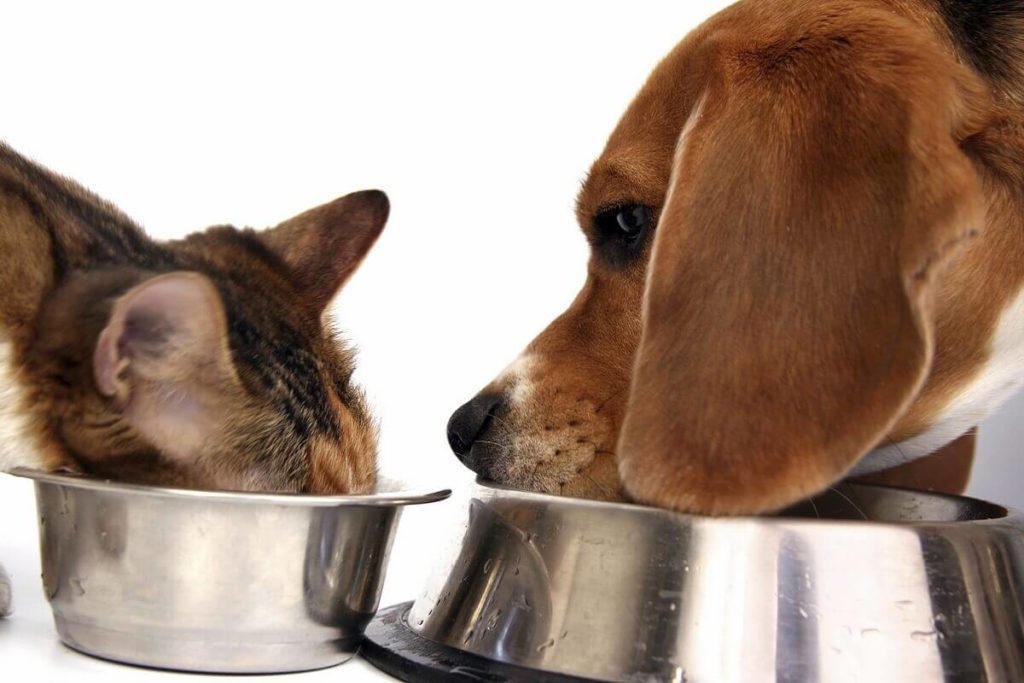Welcoming a kitten or puppy into your home is a wonderful, exciting time. You need to be prepared, however, and get as much information and advice you can to make sure you provide the best care. Nutrition is one of the most vital areas to get right—there are so many food options out there, how do you know what’s right or wrong?
Feeding your Puppy
Your puppy’s pet diet will vary depending on his or her breed, size, age and activity levels. There are many dog food brands available today, so finding the right one can be pretty daunting. Your veterinarian will be able to provide advice, and help guide you towards the right food for your puppy’s breed and size. Most puppies tend to do best eating a combination of wet and dry food, as its teeth will be unable to cope with too much dry food.
What about judging portion size? Your puppy will eat as much as it wants to, so offer the amount the food label suggests, though this is generally a little more than needed. If he or she eats it all within the first 10 or 15 minutes of it being laid out, then you may want to give them a tiny bit more next time; if they leave some untouched, reduce the amount. Giving treats every now and then is fine, so long as they’re suitable for your puppy.
Feeding your Kitten
A kitten should start eating solids from around three weeks of age. Their first meals should be small, and given four or five times a day—this can be reduced to twice a day by the time they reach six months. However, your cat may continue to enjoy two meals a day throughout adulthood, or they may prefer more—each cat’s appetite is different. However, kittens are typically more energetic than adult cats, and so need more calories.
Kittens need food specifically for kittens, whether this is dry food, wet food or a combination of both. You should talk to your vet about what will work best for your kitten based on his or her weight and physical condition. Feeding your kitten the wrong foods can cause health problems later on, so you should be sure to follow any advice you’re given by your vet, and to carefully read food labels.
While you will doubtless find yourself incredibly busy with caring for your new puppy or kitten, and it can be tempting to spoil them with lots of food or treats. This should be avoided, however, as this could lead to health and weight problems later on. Once you find the right combination of food for your new pet, you’ll find giving the right food in the right portions becomes second nature.
About the Author: Bob Flynn is a freelance writer, with many articles published on various websites such as hillspet.co.uk/. He loves to write about card games, composing poetry and the joys of caring for his puppy.

